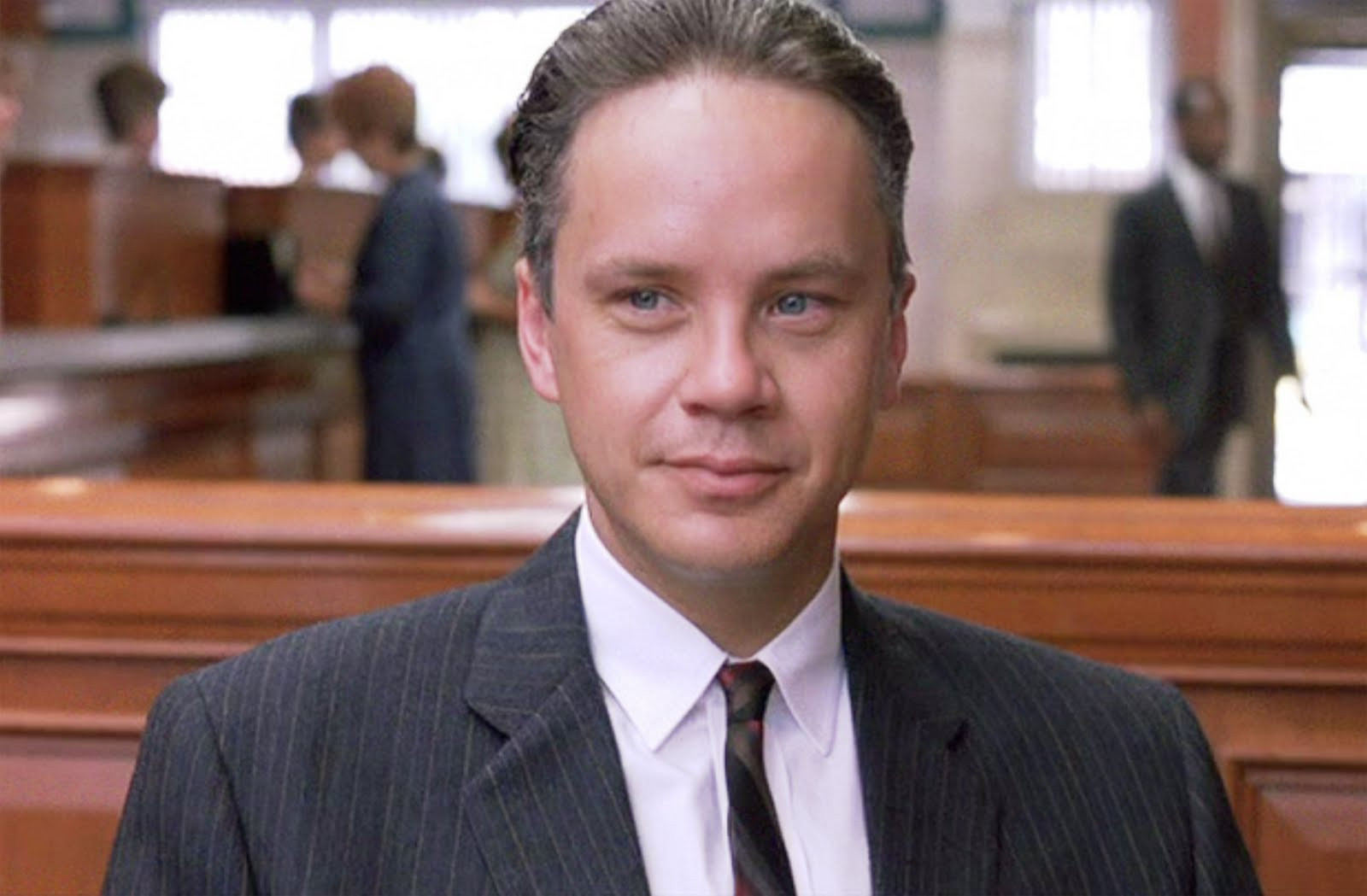The Shawshank Redemption: A Success Story Thirty Years in the Making
Frank Darabont’s cinematic masterpiece, The Shawshank Redemption, has etched its place as one of the most beloved movies of all time. Released 30 years ago, its enduring appeal is rooted in its profound narrative and the stellar performances of Tim Robbins and Morgan Freeman. In a recent interview with The Guardian newspaper, Robbins revealed an unexpected catalyst who played a vital role in helping The Shawshank Redemption find its audience – Ted Turner.
The Algorithm's Blind Spot
We live in an era where streaming platforms dominate our viewing habits, drastically altering the movie landscape. Algorithms now decide which movies become blockbusters, a stark contrast to the past. In his interview, Robbins reflected on these challenges, candidly acknowledging that his 1994 film might not have achieved the same success in today's environment.
He stated, “We’re at 30 years now [since] Shawshank Redemption. When it came out it got good reviews, it got nominated for Academy awards, but nobody saw it. It was VHS and [Ted] Turner playing it on his television channel [Turner Classic Movies] that changed that. That is a beloved movie. It remains on top of IMDb as the most favored movie of all time. So I know that a quality movie, a quality television show, will last. Whether it’s a hit or not is irrelevant compared to what people are going to think about it in 10, 15, 20 years.”
Beyond the Box Office: The Enduring Power of Shawshank
The Shawshank Redemption, while marketed as a prison drama and crime thriller, isn't a typical Hollywood blockbuster. It eschews flashy action and grand set pieces, focusing instead on the quiet, unbreakable bond between Andy Dufresne (Tim Robbins) and Red (Morgan Freeman). The movie showcases the harsh realities of prison life while offering a message of hope and humanity. This focus on character and quiet resilience perhaps helps explain its enduring popularity.
From Box Office Flop to Cult Classic: The Ted Turner Effect
It's remarkable how The Shawshank Redemption overcame its initial struggles to become a cinematic landmark. In 1994, it competed against heavyweights like Pulp Fiction and Forrest Gump, earning only $16 million in its initial theatrical run. However, its fortunes changed with re-releases and its eventual rise to top rental status in 1995, cementing its place in cinema history. Tim Robbins attributes much of this to Ted Turner and his role in securing the film's wider audience on TCM. This highlights the importance of distribution and the enduring power of quality cinema.
The Future of Cinema: Robbins' Concerns
Robbins also voiced concerns about the current state of the film industry and the influence of streaming platforms. He expressed skepticism about the future of cinema, stating, “You go on Netflix right now, you see what films are coming out and you tell me that that’s the future of cinema? We’re in big trouble.” This statement reflects a broader discussion about the impact of streaming services on artistic merit and the potential loss of films that might not find an audience through algorithm-driven platforms. It suggests a concern that algorithmic curation might stifle the kind of slow-burn success that Shawshank experienced.
Beyond the Screen: A Call for Better Working Conditions
Beyond his comments on the film industry's changing landscape, Robbins used the interview to advocate for improved working conditions for film crews. He emphasized the demanding nature of their work, saying, “Actors have it easy, they don’t work every day. When they finish their job they go to have some time off, do a different job. It is crews really that you’re talking about. What winds up happening is that you have people on these crews that are overworked, exhausted, and don’t have the emotional input that one needs to live a rounded life.” This highlights the often overlooked challenges faced by those behind the scenes, reinforcing the importance of fair labor practices in the entertainment industry.
The Legacy of The Shawshank Redemption
Thirty years later, The Shawshank Redemption continues to resonate with audiences. Its enduring popularity underscores the power of a compelling story, memorable performances, and, as Tim Robbins pointed out, the right distribution at the right time. The film’s success also serves as a reminder that the true measure of a film’s value may lie not solely in its initial box office numbers, but in its lasting impact and cultural legacy. The film's impact continues to resonate, solidifying its place among cinema's timeless classics. The movie's enduring popularity and lasting impact prove the timelessness of a powerful and well-told story.

















